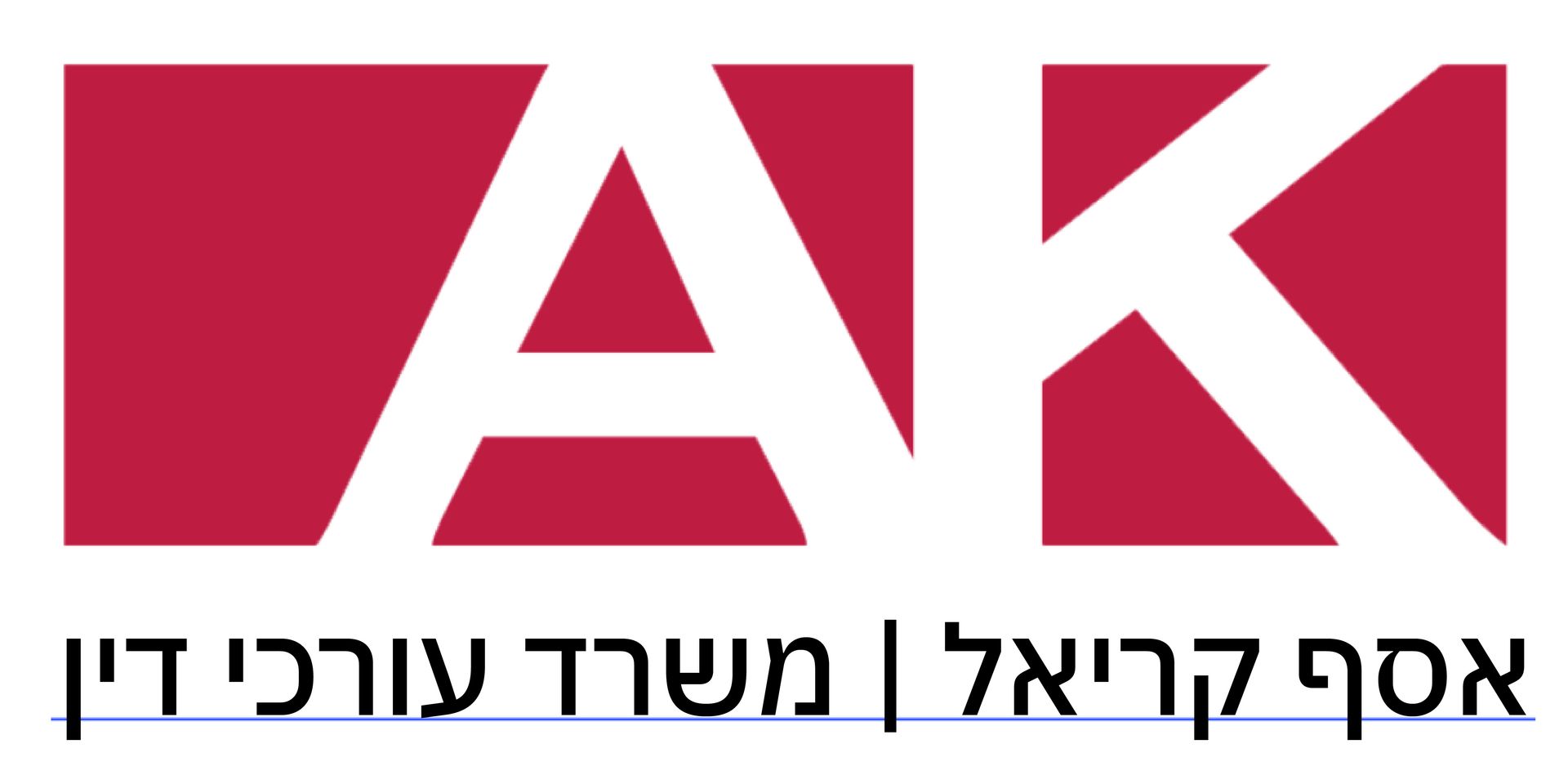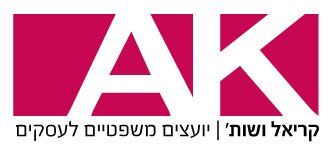Employee Transfers in Israeli M&A Transactions: Legal Framework and Practical Considerations
By: Adv. Assaf Kriel (L.L.B, M.B.A, C.I.A, IntArb)
AK & Co. (Israel)
Preface
The treatment of employee transfers during mergers and acquisitions in Israel presents unique challenges that differ significantly from other jurisdictions, particularly the European Union. This article examines the legal framework governing employee transfers in Israeli M&A transactions and provides practical insights for legal practitioners and corporate stakeholders.
Legal Framework and Core Principles
Unlike the European Union, which operates under the Transfer of Undertakings Protection of Employment (TUPE) regulations, Israeli law does not provide for the automatic transfer of employees in business transactions. The fundamental principle in Israeli employment law is that employee consent is mandatory for any transfer between employers. This requirement stems from the basic premise that employment relationships are personal in nature and cannot be assigned without explicit agreement from the employee.
Despite current geopolitical challenges, Israel's robust economy continues to attract significant merger and acquisition activity, making it crucial for legal practitioners to understand the intricacies of employee transfers. The Israeli legal system provides two primary methods for executing employee transfers in M&A transactions, each with distinct implications and requirements.
Methods of Employee Transfer
The first method, commonly known as "Fire and Rehire," involves the termination of employment by the seller followed by immediate rehiring by the buyer. This approach requires a formal termination process and triggers immediate severance pay obligations for the seller, who must settle all outstanding employee entitlements. Legal practitioners should note that this method creates a clear break in employment continuity, though certain rights may be preserved under specific circumstances.
The second method, "Continuity of Rights," allows the buyer to assume the seller's position as an employer while maintaining all existing employment terms and conditions. Under this approach, the employee's length of service and accrued rights transfers seamlessly to the new employer. The buyer assumes full responsibility for all existing employment obligations, including historical liabilities.
Workplace Location Considerations
A significant legal consideration often overlooked is the impact of workplace location on employee rights. Israeli law stipulates that when employees continue working at the same physical location following a "Fire and Rehire" transfer, their previous service period with the seller must be recognized for calculating statutory social benefits, regardless of the technical employment break.
Modification of Employment Terms
While employment terms can be modified during transfers, such changes require employee consent under both transfer methods. Under the "Fire and Rehire" approach, new employment agreements may be implemented with modified terms. The "Continuity of Rights" method generally maintains existing terms, though reasonable modifications may be introduced to align with the buyer's existing employment framework, subject to employee agreement.
Collective Labor Relations
Legal practitioners must pay particular attention to collective bargaining implications during employee transfers. The presence of collective agreements with either the seller or buyer can significantly impact the transfer process. Moreover, the announcement of a pending transaction may trigger unionization efforts among employees seeking to protect their interests. This requires careful strategic planning and compliance with collective bargaining obligations.
Termination Considerations
Any dismissals during the transfer process must comply with Israeli labor law requirements, including mandatory pre-termination hearings. Employers must demonstrate legitimate grounds for termination and follow proper procedures. Special consideration must be given to protected employee groups, where termination may be restricted or prohibited by law.
Practical Recommendations
Legal practitioners advising on employee transfers in Israeli M&A transactions should:
1. Conduct thorough due diligence of existing employment terms and obligations
2. Structure the transfer mechanism based on transaction objectives and risk allocation
3. Develop a comprehensive communication strategy to secure employee consent
4. Ensure compliance with collective bargaining obligations where applicable
5. Obtain specific legal advice regarding protected employee groups
6. Document all aspects of the transfer process meticulously
Conclusion
The successful execution of employee transfers in Israeli M&A transactions requires careful attention to legal requirements and practical considerations. Understanding these unique aspects of Israeli employment law is essential for legal practitioners advising on cross-border transactions and domestic mergers and acquisitions.




